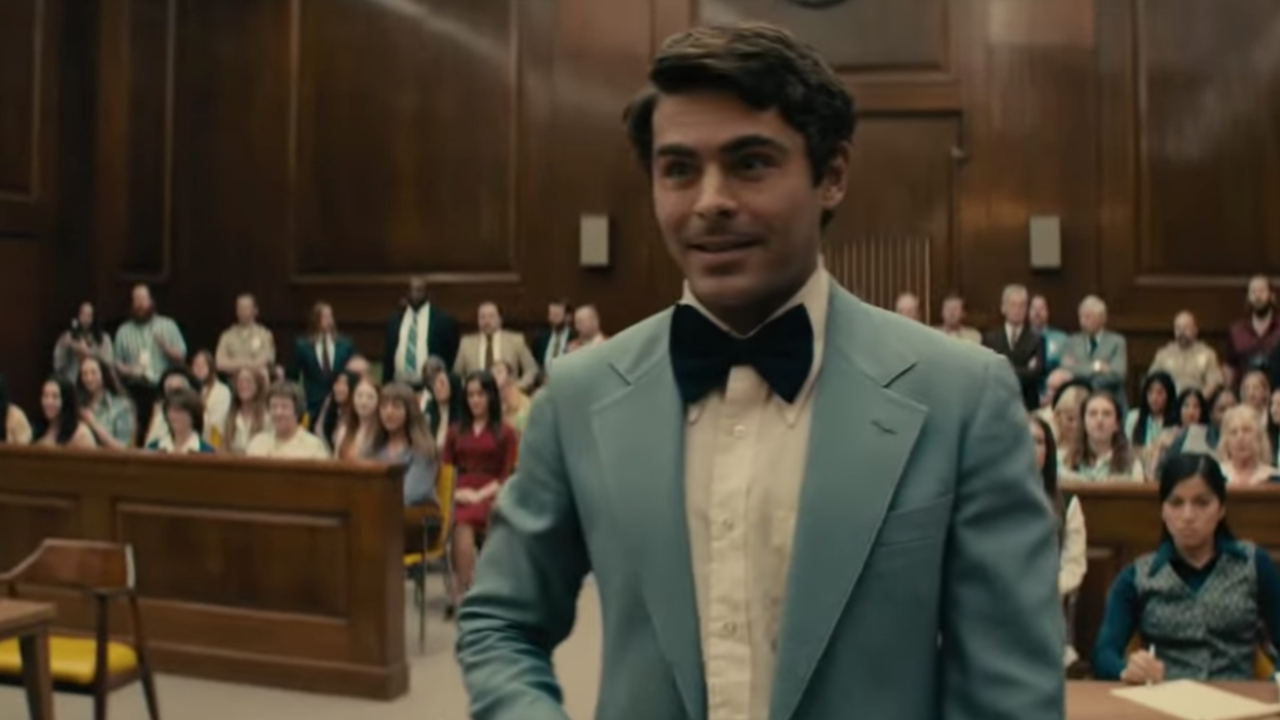Why does Hollywood deem it necessary to romanticise serial killers: Zac Efron starring as Ted Bundy in Extremely Wicked, Shockingly Evil and Vile.
Where do we draw the line between portraying Ted Bundy’s charming exterior and romanticising serial killers in order for Hollywood to profit off of Bundy’s horrific actions?
In the recent trailer for Extremely Wicked, Shockingly Evil and Vile, Zac Efron portrays the infamous serial killer Ted Bundy. However, the tone of trailer seems to juxtapose the horrific nature of Bundy’s crimes and how he should be portrayed to the public.
The film is from the point of view of Liz Kloepfer, Ted Bundy’s fiance, who was oblivious to the atrocious murders that he committed in seven states between 1974 and 1978. The film is based on Kloepfer’s book that showcases how Ted Bundy’s handsome, charismatic facade fooled his friends and family and concealed his horrific desire to murder women. This facade enabled Bundy to lure women into a false sense of security. A masquerade which is portrayed effectively by Zac Efron in the trailer for the upcoming film. But where do we draw the line between portraying Ted Bundy’s charming exterior and romanticising serial killers in order for Hollywood to profit off of Bundy’s horrific actions?
The soundtrack to the trailer seems more suited to an action film with romantic undertones as the electric guitar riffs separate shots from the film and the trailer even pictures Zac Efron with his shirt off. The unnecessary sexualisation of Bundy’s character is clearly to encourage viewers to go see the film, but the trailer should not assimilate the appeal of Ted Bundy’s fake character and Zac Efron’s abs. This sexualisation of serial killers is dangerous to young impressionable viewers, although the age restriction for this film is yet to be released, we assume it will be rated 15+. Zac Efron’s usual characterisation as a heartthrob role in movies can partially explain why the trailer to Extremely Wicked appears to be an almost romantic comedy, as this is all we have seen Zac Efron in before.
The trailer is meant to captivate attention and clearly it has.
However, when we compare the depiction of Ted Bundy in the film to his portrayal in Conversations with a Killer: The Ted Bundy Tapes, we see that Bundy was in fact an introvert and outcast during his childhood and his narcissistic nature made him infuriated by rejection. Meanwhile the Hollywood version of Bundy’s story appears to reflect his obsession with his representation in the media and how this influenced women across America to believe in his innocence. Joe Berlinger, a Ted Bundy expert, was the director of both of these films and it is clear to see that they simply have different intentions. One being a factual account of Bundy’s life and Extremely Wicked focusing on Bundy’s charming exterior and his ability to deceive, as Berlinger states that the movie is about ‘false believability and deception.’ This deception is what Zac Efron is able to portray, as he reminds the audience of how easy it is to be distracted by Bundy’s attractiveness when his actions were atrocious. Despite this, Hollywood’s interpretation of this message still appears insensitive, as they profit over the story of a serial killer who’s victims families will still be alive today.
But you can’t judge a movie just by its trailer. The trailer is meant to captivate attention and clearly it has. Once people have seen the movie they can make their judgement on whether Ted Bundy is overly romanticised. Bundy’s case shows that serial killers can sometimes be who you least expect, not matter how they present themselves.
By Lucie Phipps & Tilly Judges
Image: Teen Vogue

